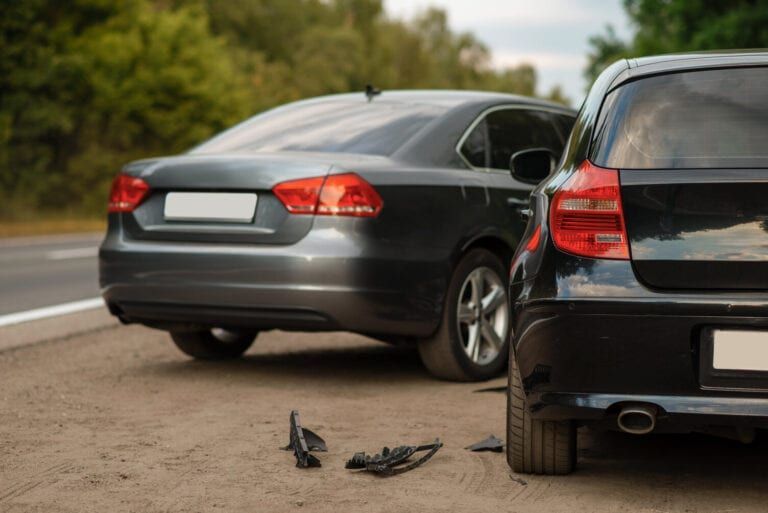WHAT TO DO AFTER AN ACCIDENT

An accident can happen in the blink of an eye. As a result, it can be difficult to make sense of the sequence of events. In the wake of an accident, you need experienced guidance you can count on. A personal injury lawyer can help you navigate the post-accident process for seeking compensation for your losses.
What to Do
After an accident, there are a few things you’ll need to do right away:
- Get yourself and everyone else to safety.
- Check for injuries.
- Call 911.
- Turn on your hazard lights and, if possible, use road flares to warn other drivers.
- Get to a hospital after the police officer authorizes you to leave the scene.
You’ll also need to collect certain information and document the scene—more on this below. In addition, during the coming days and weeks, you’ll need to take the following steps:
- Contact a personal injury lawyer.
- File an insurance claim.
- Keep track of all accident-related expenses and losses.
- Keep your lawyer updated regarding changes to your case, such as a worsening medical condition.
- Decide whether to file a lawsuit with the guidance of your lawyer.
What Not to Do
Knowing what not to do is just as important as knowing what to do after an accident. For example, your personal injury lawyer would likely advise you to avoid speaking with the other driver beyond exchanging the necessary information. Do not discuss what happened during the crash and do not make any statements that might be interpreted as admissions of guilt. Even if you think the crash might have been partially your fault, it’s best not to apologize.
Which Information to Collect
In order for your personal injury lawyer to protect your best interests, he or she will need certain information and documentation. These include the following:
- Full names and contact details of all involved parties
- Names and contact info of eyewitnesses
- Insurance information
- Driver’s license and license plate numbers
- Make, model, and color of all vehicles
- Police report
- Your medical records and proof of your medical expenses
- Proof of other accident-related losses
- Photos of the crash site, injuries, and vehicle damage
If you’re ever unsure of what other information you might need, contact a personal injury lawyer for guidance.
The personal injury team at Goldman, Tiseo and Sturges, P.A. represents our clients with integrity and skill. We’ll explore all possible avenues for securing maximum compensation for your losses. Call (941) 625-6666 today to request a free initial consultation with a personal injury lawyer at our law office in Port Charlotte, FL.
Share This Post:






